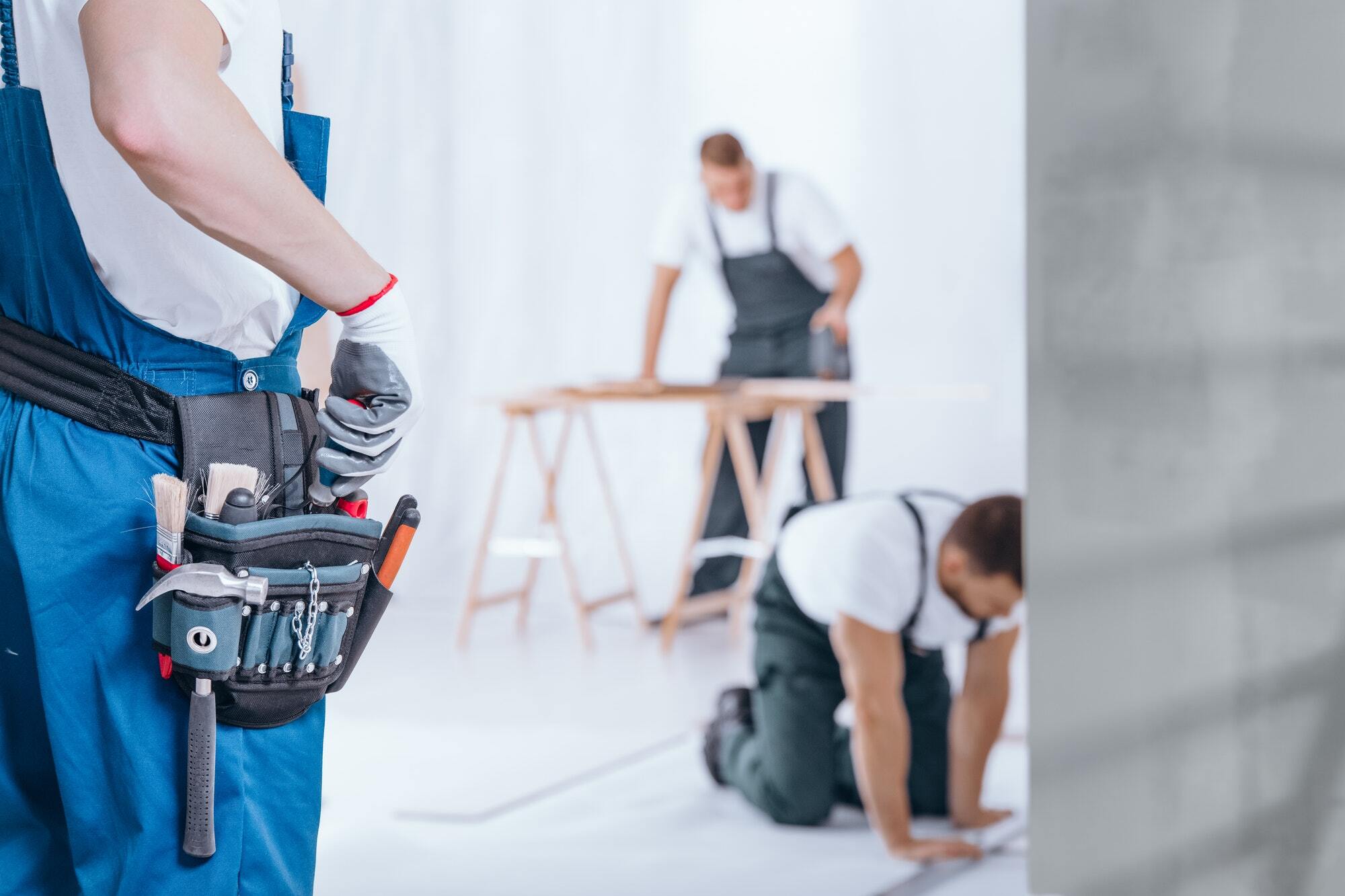
Maintenance is a crucial part of keeping everything running smoothly, from your car to your home. But what exactly does it involve? Maintenance isn't just about fixing things when they break; it's about regular check-ups, preventive measures, and sometimes even upgrades. Think of it as giving your belongings a little TLC to extend their lifespan and ensure they work efficiently. Whether it's changing the oil in your car, cleaning your air conditioner filters, or updating software on your computer, maintenance plays a vital role in our daily lives. Ready to learn some surprising facts about maintenance? Let's dive in!
What is Maintenance?
Maintenance is the process of keeping something in good condition. It involves regular checks, repairs, and updates to ensure everything runs smoothly. Here are some interesting facts about maintenance you might not know.
-
Preventive Maintenance: This type of maintenance is done regularly to prevent equipment from breaking down. It includes tasks like oil changes, inspections, and cleaning.
-
Corrective Maintenance: This happens after a problem is found. It involves fixing or replacing broken parts to restore functionality.
-
Predictive Maintenance: Uses data and sensors to predict when equipment will fail. This allows for repairs before a breakdown occurs.
-
Maintenance Management Software: Helps track maintenance tasks, schedules, and history. It improves efficiency and reduces downtime.
Why is Maintenance Important?
Proper maintenance ensures safety, efficiency, and longevity of equipment. It can save money by preventing costly repairs and extending the life of assets.
-
Safety: Regular maintenance reduces the risk of accidents and injuries. Well-maintained equipment is less likely to fail unexpectedly.
-
Efficiency: Equipment that is regularly maintained operates more efficiently. This can lead to lower energy costs and better performance.
-
Cost Savings: Preventive maintenance can save money by avoiding expensive repairs. It also extends the life of equipment, reducing the need for replacements.
-
Compliance: Many industries have regulations requiring regular maintenance. Staying compliant can avoid fines and legal issues.
Types of Maintenance
Different types of maintenance are used depending on the situation and equipment. Each type has its own benefits and applications.
-
Routine Maintenance: Regular tasks like cleaning, lubricating, and inspecting. Keeps equipment in good working order.
-
Emergency Maintenance: Unplanned repairs needed immediately. Usually due to unexpected breakdowns or failures.
-
Deferred Maintenance: Delaying maintenance tasks due to budget or time constraints. Can lead to bigger problems if not addressed.
-
Condition-Based Maintenance: Performed when certain conditions are met. For example, replacing a filter when it becomes clogged.
Tools and Techniques
Various tools and techniques are used in maintenance to ensure tasks are done correctly and efficiently.
-
Maintenance Checklists: Lists of tasks to be completed during maintenance. Ensures nothing is overlooked.
-
Diagnostic Tools: Equipment used to identify problems. Includes things like thermal cameras, vibration analyzers, and multimeters.
-
Lubrication: Reduces friction and wear on moving parts. Essential for keeping machinery running smoothly.
-
Calibration: Adjusting equipment to ensure it operates within specified limits. Important for accuracy and performance.
The Role of Maintenance Workers
Maintenance workers play a crucial role in keeping equipment and facilities in good condition. Their skills and knowledge are essential for effective maintenance.
-
Technicians: Perform hands-on maintenance tasks. Skilled in troubleshooting and repairing equipment.
-
Engineers: Design maintenance plans and procedures. Use their expertise to improve maintenance processes.
-
Managers: Oversee maintenance operations. Ensure tasks are completed on time and within budget.
-
Training: Ongoing training is important for maintenance workers. Keeps them up-to-date with new techniques and technologies.
Future of Maintenance
The future of maintenance is evolving with new technologies and approaches. These advancements are making maintenance more efficient and effective.
- Automation: Use of robots and automated systems for maintenance tasks. Reduces human error and increases efficiency.
Final Thoughts on Maintenance
Maintenance isn't just about fixing things when they break. It's about preventive care that keeps everything running smoothly. Regular maintenance checks can save money, extend the life of equipment, and ensure safety. Ignoring small issues can lead to bigger, costlier problems down the line. Whether it's your car, home, or even your health, staying on top of maintenance tasks is crucial. Simple actions like changing filters, checking fluids, and inspecting for wear and tear can make a huge difference. Don't wait for something to go wrong. Make a maintenance schedule and stick to it. Your future self will thank you. Remember, a little effort now can prevent a lot of hassle later. So, keep things in check and enjoy the peace of mind that comes with knowing everything's in good shape.
Was this page helpful?
Our commitment to delivering trustworthy and engaging content is at the heart of what we do. Each fact on our site is contributed by real users like you, bringing a wealth of diverse insights and information. To ensure the highest standards of accuracy and reliability, our dedicated editors meticulously review each submission. This process guarantees that the facts we share are not only fascinating but also credible. Trust in our commitment to quality and authenticity as you explore and learn with us.


